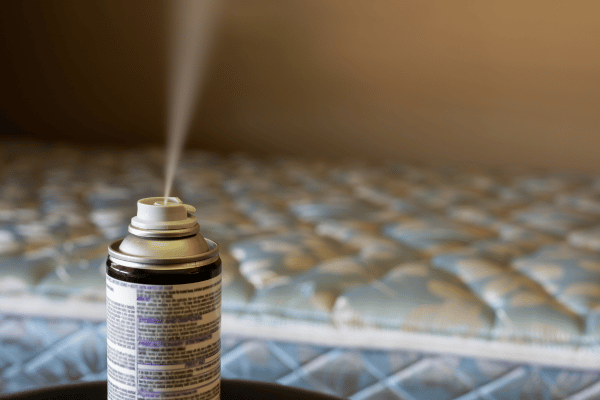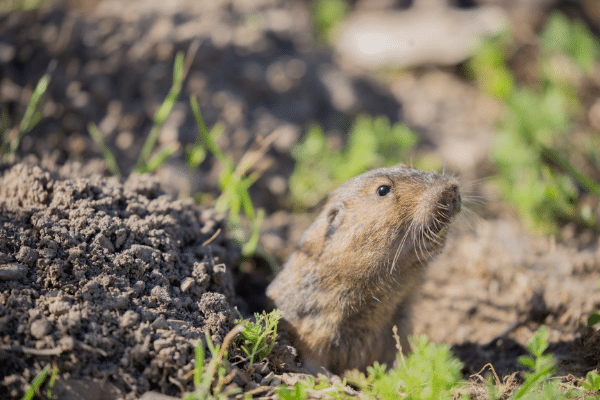- Home
- Raccoon Trapping
- Do Raccoons Hibernate
Do Raccoons Hibernate
This post may contain affiliate links so I earn a commission.
Do raccoons hibernate?
No, raccoons do not hibernate but the ones that live in the colder northern climates will sleep for days or even weeks at a time during the cold winter months.
Animals that truly hibernate enter a deep sleep that can last nearly the entire winter.
During this hibernation period their body temperature drops and their breathing slows down along with their heart rate.
Animals hibernate to help conserve energy.
Since food is usually unavailable during the winter, animals hibernate until the food becomes available again.
The length of time an animal hibernates depends on the specific animal, climate, food source and many other factors.
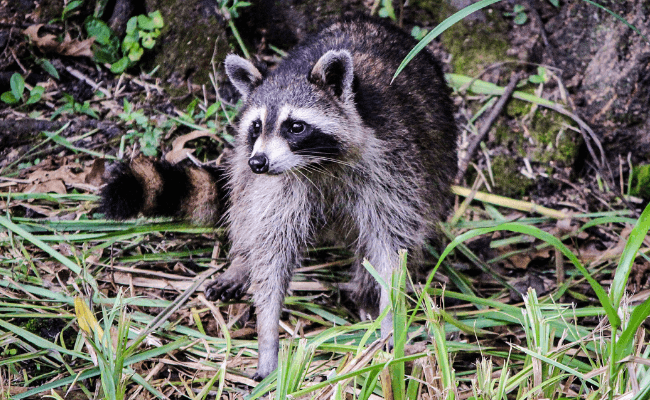
So.......if raccoons don't hibernate why don't you see them very much during the winter?
It's because their typical food source such as frogs, fish, nuts, berries and insects aren't available.
Instead of burning valuable calories searching for food that's scarce, it's more efficient to sleep in their den until the food becomes available again.
Dens can include a hole in a tree, underground burrows, vacant chimneys and even old barns and buildings.
In extremely cold conditions, raccoons will den together in groups but they're usually solitary animals and prefer to live alone.
Do Raccoons Hibernate During The Winter
If you live in a climate that stays relatively warm during the winter, chances are you will see raccoons year round.
Since they can successfully find food in these warmer climates there is no need to conserve calories by hibernating.
Raccoons will eat just about anything ranging from eggs, birds, crayfish, fruits, chickens and pretty much anything in your garbage they can access.
However, if you live in the cold northern climates like Michigan or Minnesota, there could only be a few warm nights each winter when raccoons leave their dens and search for food.
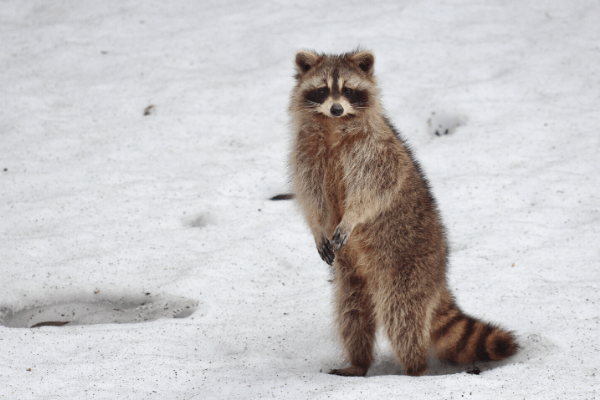
To prepare for these long stretches of cold weather a raccoon will spend the entire fall eating as much food as they can find to build up an extra layer of fat.
This extra layer of fat can add up to about 1/3 of their total body weight which provides extra insulation along with a heavy coat of thick fur to keep them warm.
Growing up in northern Michigan my family always raised 'coon hounds.
There's just something that's captivating about the sport.
We would train the dogs all year long until "raccoon season" finally arrived.
We would hunt just about every night.
On the warmer nights the raccoons seemed to be everywhere.
Then, every year as the temperatures began to drop the raccoons would become harder and harder to find.
Then, eventually it would become so cold out at night the raccoons wouldn't leave their den and it was pretty much a waste of time to go out and hunt.
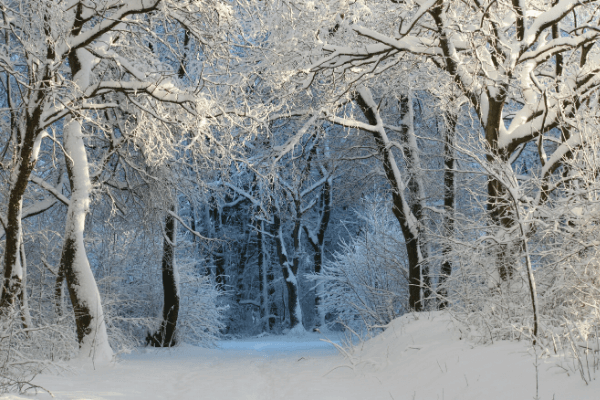
However, even during the coldest winter months, mother nature would cut us a little slack and throw in a warm night every now and then.
It's amazing how those warm nights would get the raccoons moving.
The raccoons were hungry and the warm temperatures were a great time to come out and fill up their stomachs for the rest of the winter.
Overall - Do Raccoons Hibernate
So, when asking the question "Do raccoons hibernate?" the quick answer is no.
However, their behavior (just like any other animal) is greatly influenced by outside temperatures so depending on where you live you may......or may not see them in the winter.

